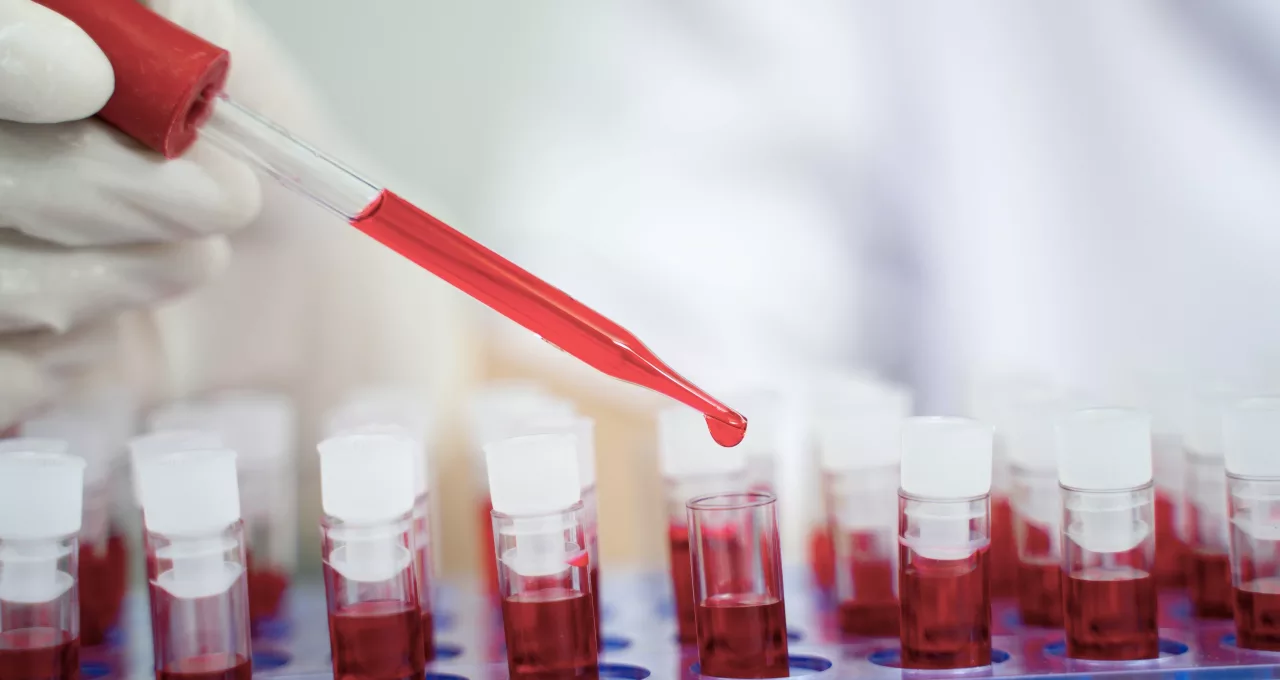
Alzheimer’s disease (AD) has no cure and the current therapies approved against AD are only palliatives. However, an ideal treatment should be capable of halting brain deterioration. In this regard, one of the research lines of our institute focuses on the identification and study of the role of peripheral factors present in the blood in the development of AD. The objective of this project is to investigate the effect of the characteristics present in the blood of pregnant females, derived from the physiological changes that occur during pregnancy, «homeostatic rebalancing»; model, on the development of AD. For that purpose, we will evaluate the contribution of blood from pregnant females on cognitive alterations and neurodegenerative phenotypes in a mouse model of AD. We hope to find a protective effect of blood from pregnant females on cognitive and neurological impairment characteristic of AD. Our overall aim is to find a novel therapeutic avenue against AD.
PI: Claudia Duran-Aniotz, Valeria Gutierrez
Support: NAM/ANID